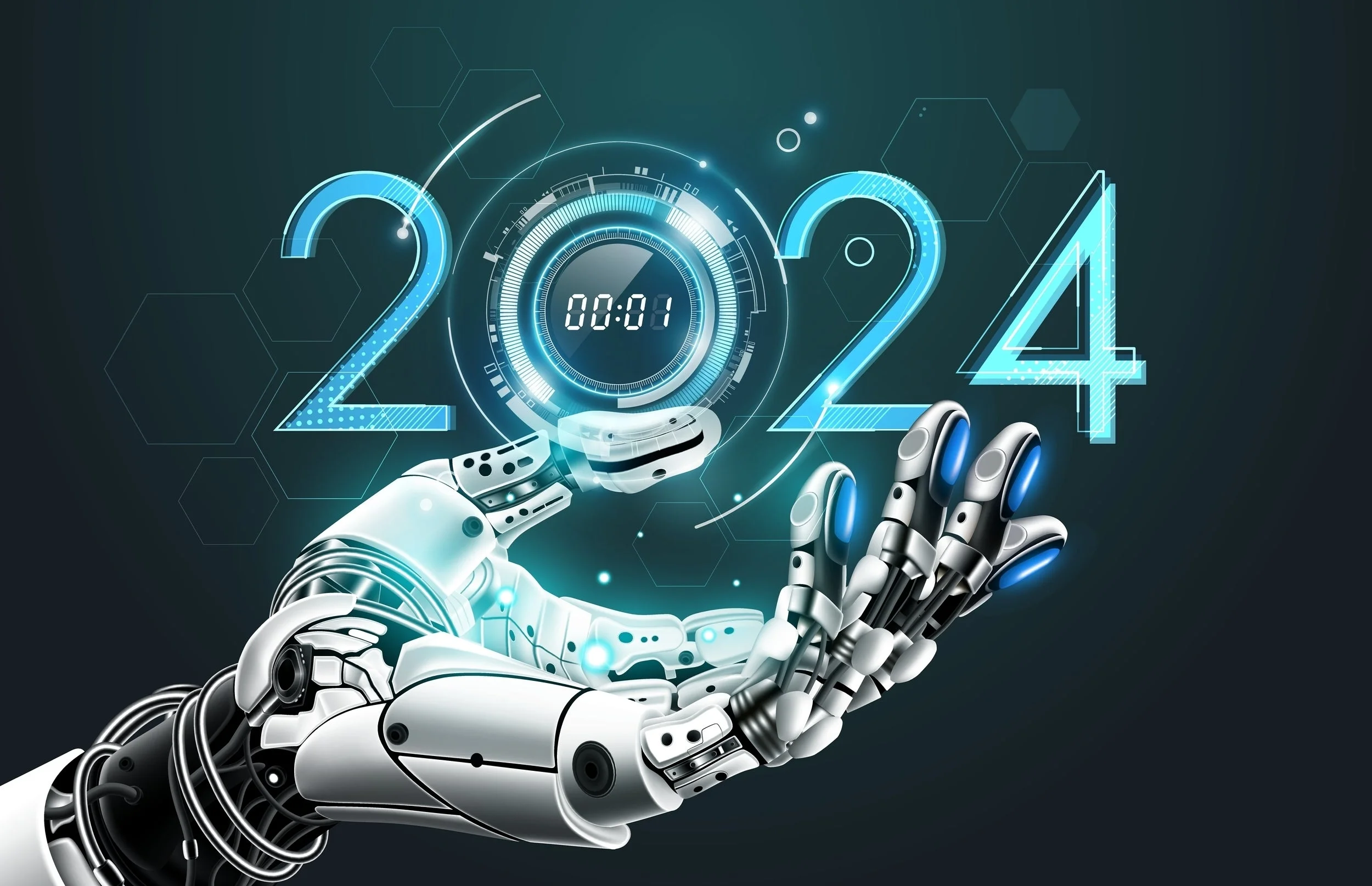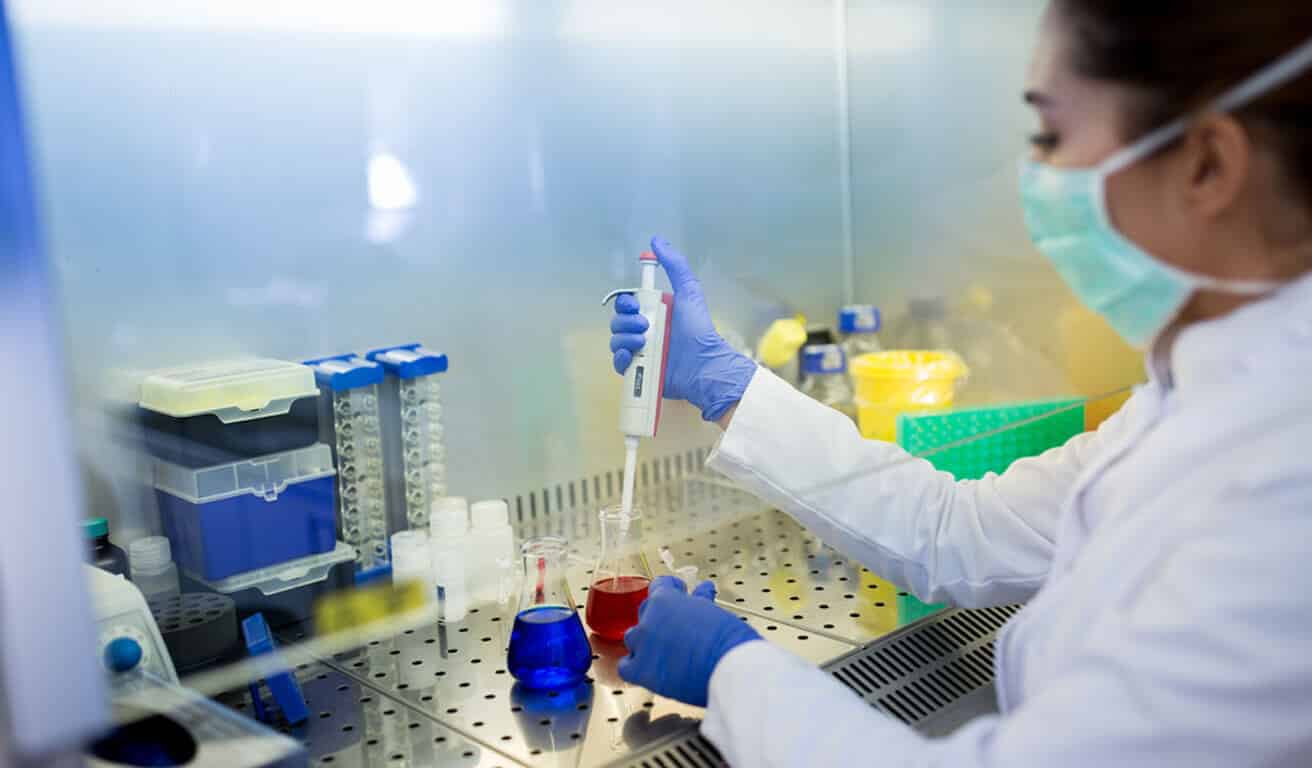In today’s rapidly advancing world, technology has become an integral part of our lives, reshaping how we live, work, communicate, and connect. From the rise of remote work and smart home devices to innovations in healthcare and education, technology is transforming our daily routines and societal structures. This article delves into the ways technology is changing our lifestyles and workplaces, exploring the benefits, challenges, and future possibilities of a tech-driven world.
The Digital Workplace
The digitalization of the workplace is one of the most visible transformations technologies has brought. The COVID-19 pandemic accelerated remote work trends, and now hybrid work models have become the norm across many industries.
Remote Work and Virtual Collaboration
Remote work platforms like Zoom, Microsoft Teams, and Slack have made it possible for employees to work from anywhere. This shift has offered flexibility and convenience but also challenges, such as reduced face-to-face interaction and work-life balance difficulties.
The Role of Automation and AI in the Workplace
Automation and artificial intelligence (AI) are streamlining repetitive tasks, allowing workers to focus on more complex activities. For example, AI-powered tools can handle data entry, customer support, and predictive analytics, increasing workplace efficiency.
Smart Homes and IoT
Smart home devices, powered by the Internet of Things (IoT), are transforming the way we interact with our living spaces. From voice-controlled lights to security systems, IoT is making homes more efficient, safe, and personalized.
IoT in Everyday Life: IoT-connected devices allow us to control home settings through smartphones and voice assistants like Alexa and Google Home. For instance, a smart thermostat can adjust room temperature based on your habits, conserving energy and reducing utility costs.
The Future of Smart Cities: Beyond individual homes, IoT can be scaled up to create “smart cities” where technology is integrated into city infrastructure. These systems can monitor traffic, pollution levels, and energy use to create safer and more efficient urban environments.
Healthcare Innovation
Technology is also revolutionizing healthcare, leading to more precise diagnostics, telemedicine, and personalized treatments.
Telemedicine and Remote Health Monitoring: Telemedicine has made healthcare more accessible, allowing patients to consult doctors from home. Wearable health devices, such as fitness trackers and heart monitors, enable real-time monitoring of health metrics.
Personalized Medicine and AI in Diagnostics: AI and genetic research have opened up possibilities for personalized medicine, where treatments are tailored to an individual’s genetic profile. AI-driven diagnostics can detect diseases early, improving treatment outcomes and potentially saving lives.
E-commerce and the Digital Marketplace
E-commerce has made shopping easier and more convenient, while businesses have expanded their reach beyond geographic boundaries.
The Rise of Online Shopping and E-commerce Platforms: Platforms like Amazon and Shopify have transformed how we buy and sell, offering personalized recommendations and rapid delivery. This shift to online shopping has also changed consumer expectations, with more people prioritizing speed and convenience.
The Role of AI and Machine Learning in E-commerce: AI and machine learning (ML) play a significant role in analyzing consumer behavior, managing inventory, and providing recommendations. This personalized experience makes shopping more enjoyable and efficient, increasing customer satisfaction.
Education and Learning Technologies
The education sector has also been transformed, with technology enabling more accessible, interactive, and flexible learning experiences.
Online Learning and EdTech Platforms: Platforms like Coursera, Khan Academy, and Zoom classrooms have made education more accessible, especially for remote learners. This shift allows for a more individualized learning experience and opens opportunities for lifelong learning.
Gamification and Interactive Learning: Gamification, or the use of game-like elements in learning, has shown to enhance engagement and retention. Interactive tools, like virtual reality (VR) simulations and quizzes, make learning more enjoyable and effective.
Social Media and Communication
Technology has reshaped communication, with social media platforms providing new ways to connect, express, and share information.
The Influence of Social Media on Society: Social media platforms like Facebook, Twitter, and Instagram enable instant connection and sharing. However, they also bring challenges such as privacy concerns and the spread of misinformation.
The Future of Communication Technologies: Emerging communication technologies, like augmented reality (AR) and virtual reality (VR), are set to take social interaction to the next level. These tools could allow for immersive virtual gatherings, redefining how we socialize and connect.

Challenges and Ethical Considerations
While technology offers numerous benefits, it also presents significant challenges. Data privacy, cybersecurity, and the digital divide are critical issues that need to be addressed as technology continues to evolve.
Addressing Data Privacy and Security: With the increasing collection of personal data, data privacy is a major concern. Ensuring robust cybersecurity and transparent data policies will be vital to maintaining user trust in the digital age.
The Digital Divide and Accessibility: As technology advances, there’s a risk that some populations may be left behind, exacerbating economic and social inequalities. Bridging the digital divide by providing affordable internet access and digital literacy programs is essential for a fair and inclusive digital society.
Conclusion
Technology is profoundly altering our lives, offering convenience, efficiency, and new opportunities. As we embrace these advancements, it is crucial to remain aware of the ethical challenges and ensure that technology serves everyone equitably.
FAQs
-
How is technology changing the way we work?
- Technology enables remote work, automates tasks, and enhances collaboration, making the workplace more flexible and efficient.
-
What are the benefits of smart home devices?
- Smart home devices offer convenience, energy savings, and enhanced security by allowing users to control home settings remotely.
-
How does technology affect privacy?
- As more personal data is collected, privacy concerns increase. It’s important for companies to implement strong data protection policies to safeguard user information.





